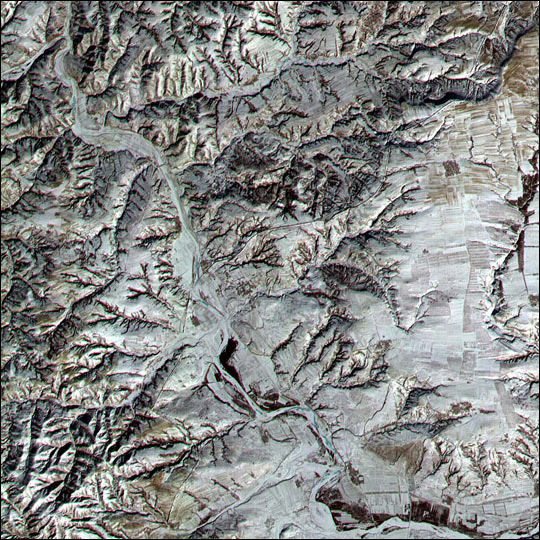rstevenson wrote:Anthony Barreiro wrote:rstevenson wrote:
Nope, that's absolutely natural, since it may be the result of actions taken by humans, and humans seem to be native to this planet.
So how would you define "artificial"? Or are you saying the term has no meaning?
Artificial has a meaning of course, as Art(ifice) has pointed out. What I was suggesting is that we humans have a bad habit of abstracting ourselves from everything else, calling everything else natural, while what we do or cause to have done is, by implication, artificial. But what if the results of our joint actions cannot be predicted (by all but a few specialists) and perhaps not even appreciated after the fact by most people. Are we acting according to our nature or not? If we are, then the results of our actions are natural, not artificial.
If a herd of wild cattle overgrazes its land, is that natural? If we "overgraze" our environment, isn't that also natural? Is there any difference between the predations of a hyena and the "predations" of an energy glutton? It seems that there are many people, perhaps tens of millions, who abhor what we're doing to our environment, I among them. But there are billions more who are either unaware of the problem or who care little about it. In the aggregate, the actions of the human race are changing the environment, likely for the worse even in our own terms. But our actions are not unnatural. Alas, for if they were, we could probably devise a way to mend them.
Rob
Rob, I tend to agree with the thrust of your argument, including the fact that it is also partly a semantic argument over the various meanings of "natural" and "artificial".
We often (like to) think of humanity as a group, but it rarely exhibits group behaviour. For what it is worth, I really don't believe that humanity is capable of wiping itself out
entirely, even though I think human activity
is altering the climate. It will take a much bigger force of nature (artificial or otherwise) to get rid of
all of us. Until then, civilizations will continue to rise and fall, and people will continue to prosper and perish. There will be much joy and much suffering, and a great deal of it will be due mainly to dumb luck. But if the "success" of humanity is measured only by how many of us exist at any one time, or how well we can maintain our ways of life, then I really do struggle to see the point. Does humanity even need to succeed? Do we just need parts of it to succeed? Who is handing out the prizes? [Hmmm, perhaps I need to get off the computer and talk to another real, live, human.]
<<This Advanced Spaceborne Thermal Emission and Reflection Radiometer (ASTER) sub-image covers a 12 x 12 km area in Northern Shanxi Province, China, and was acquired January 9, 2001. The low sun angle, and light snow cover highlight a section of the Great Wall, visible as a black line running diagonally through the image from lower left to upper right. The Great Wall is more than 2000 years old and was built over a period of 1000 years. Stretching 4500 miles from Korea to the Gobi Desert, it was first built to protect China from marauders from the north.

